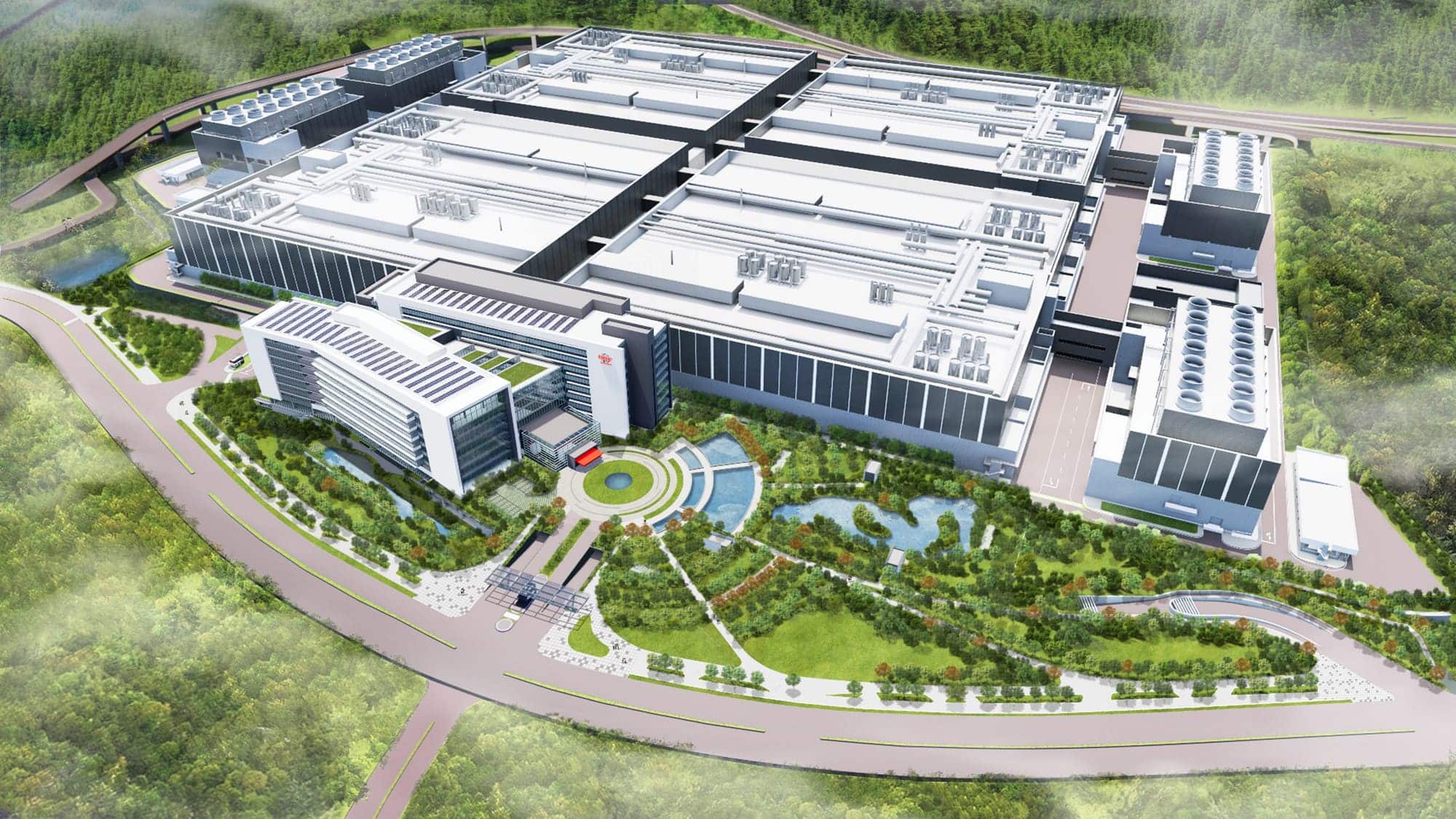Sure! Here’s the translation:
—
The major tech companies are reserving the full capacity of the three plants in Arizona to mitigate geopolitical risks and ensure the supply of strategic chips.
Semiconductor production in the United States is accelerating significantly, and leading tech firms do not want to fall behind. NVIDIA, Apple, and AMD have taken the lead, and according to industry sources, they have already reserved the entire future capacity of TSMC on U.S. soil, even before the completion of their new factories in Arizona.
This move responds to a combination of industrial strategy, geopolitical pressure, and operational urgency. With the trade conflict between China and the U.S. still simmering and uncertainty surrounding Taiwan’s future, the silicon giants have decided to secure production that is closer and politically stable. The construction of TSMC’s third plant in Arizona, expedited ahead of schedule, confirms this trend toward a partial relocalization of the supply chain.
Capacity Already Committed Before Operations
TSMC has begun its entry into Arizona with a megaproject that will include three chip manufacturing plants (FABs). Notably, according to published data, all production from these facilities is already committed among its main clients, leaving out those who did not act in time.
In addition to NVIDIA, Apple, and AMD, Qualcomm and Broadcom are also among the buyers that have secured agreements to obtain part of the production volume. Together, this block of U.S. clients ensures a solid and long-term planned demand, reinforcing the project’s viability and protecting it from economic fluctuations.
U.S. Production Nearly Matches Taiwan’s Efficiency
Although manufacturing chips in the U.S. comes with about a 10% higher cost than in Taiwan, the technical performance of production lines in Arizona is starting to rival TSMC’s historical factories, according to initial tests. This technical reliability is generating confidence among clients, who value the ability to maintain their supply without relying on unstable regions.
By 2028, TSMC expects that 20% of its global production capacity will be located outside Taiwan, including plants in Japan, Germany, and the United States. Of that percentage, it is anticipated that up to 30% of advanced node chips (below 2nm) will be manufactured in Arizona by 2030.
The Priority: Producing Within the U.S., No Matter the Cost
It is evident that the economic factor has taken a backseat. Major tech firms are willing to absorb extra costs to ensure medium- and long-term supply. Supply security and geographic proximity of production are now priority arguments, especially amid an increasingly unpredictable international environment.
Meanwhile, the rest of the industry is watching closely. Those who did not reserve production at TSMC’s new factories in Arizona will have to seek alternatives, possibly at higher prices or with less favorable delivery timelines.
In this new phase of the semiconductor industry, the race is not just for technology, but for securing a spot on the production line. And in that battle, NVIDIA, Apple, and AMD have already crossed the finish line before the starting signal sounded.
Source: Money UDN
—
Let me know if you need any further assistance!

